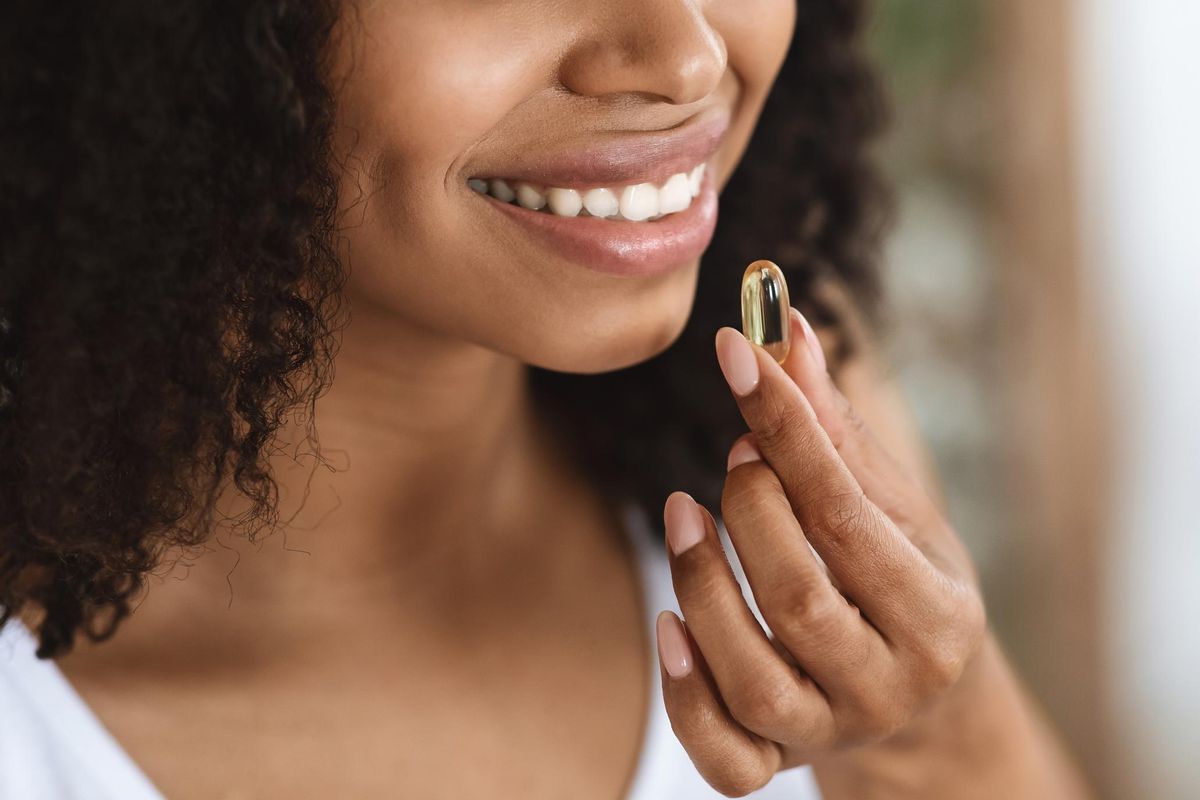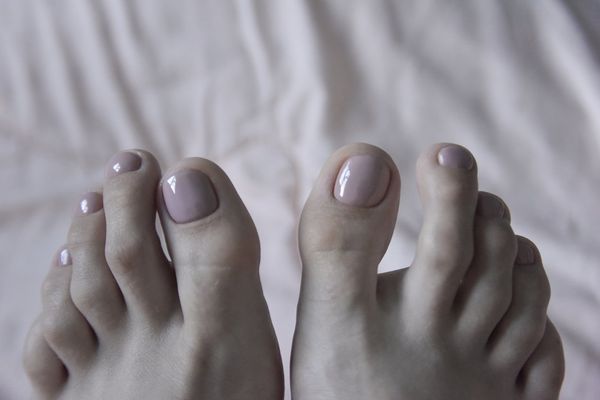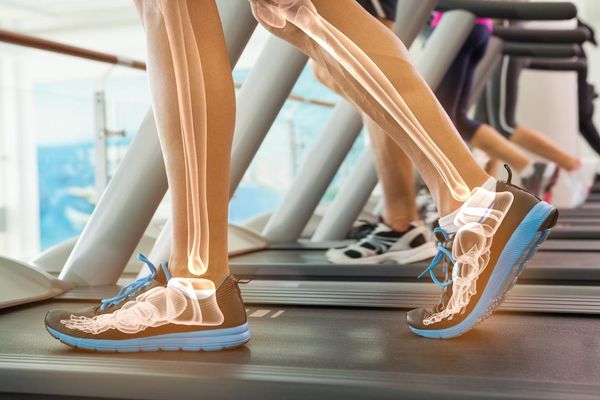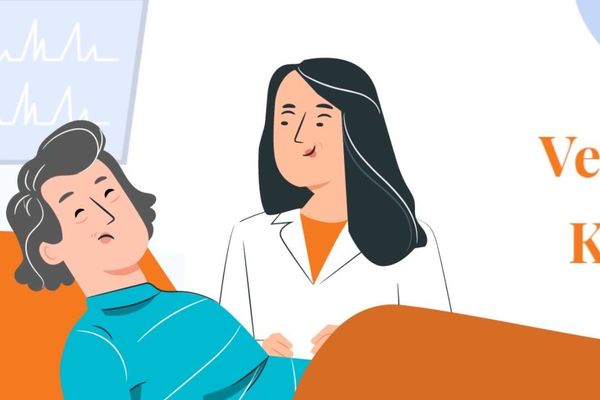Q:
How can I prevent osteoporosis?
A:
A significant amount of bone loss can occur before a diagnosis of osteoporosis is made. Frequently, the diagnosis isn't made until after you break a bone. Prevention measures are especially important for those who are at higher risk of developing osteoporosis, such as those with a family history of osteoporosis; eating disorders; some chronic health conditions; and taking some medications for chronic conditions, especially oral steroids. However, you can prevent future bone loss and resulting fractures with early detection and treatment. Once you've had a fracture due to osteoporosis, your risk of future fractures is significantly increased. Thus, while it is important to prevent the first fracture, if a fracture occurs, it is crucial to be evaluated for osteoporosis and start any recommended treatment at that time to prevent any more fractures. Taking preventive steps and reviewing risk factors now are especially helpful approaches for women of all ages.
There are five simple steps to reduce your risk for osteoporosis:
- Increase the amount of calcium and vitamin D in your diet. Talk with your health care professional about recommended levels of intake.
- Exercise regularly; bones and muscles respond to physical activity by becoming stronger. Weight-bearing exercises like walking are the most beneficial. Weight lifting can increase your muscle strength and improve your ability to prevent a fall or protect yourself if you fall.
- Maintain a healthy body weight. Being underweight or losing weight rapidly increases your risk of bone loss and fracture, and ultimately, of developing osteoporosis.
- Quit smoking. Cigarette smoking (nicotine) slows the cells that make bone, reducing your bone mass, leading to osteoporosis and increasing the risk of fracture. Ask your health care professional to recommend methods to help you quit.
- Drink alcohol in moderation, if you drink. Excessive consumption of alcohol increases your risk of osteoporosis and fractures from falls.
In addition to the above measures, medication may also be helpful for preventing additional bone loss in some women. Ask your health care professional what the best osteoporosis prevention strategy is for you.
To learn more about osteoporosis and preventing broken bones, visit these sites:
https://healthywomen.org/condition/osteoporosis
https://www.usbji.org
https://www.fit2t.org
- Menopause and Osteoporosis: How to Take Charge of Your Bone Health ›
- Let’s Talk About Osteoporosis ›
- Clinically Speaking: Questions to Ask Your Healthcare Provider (HCP) About Osteoporosis ›
- How Women of All Ages Can Prevent Osteoporosis ›
- 7 Ways to Prevent Bone Loss ›







